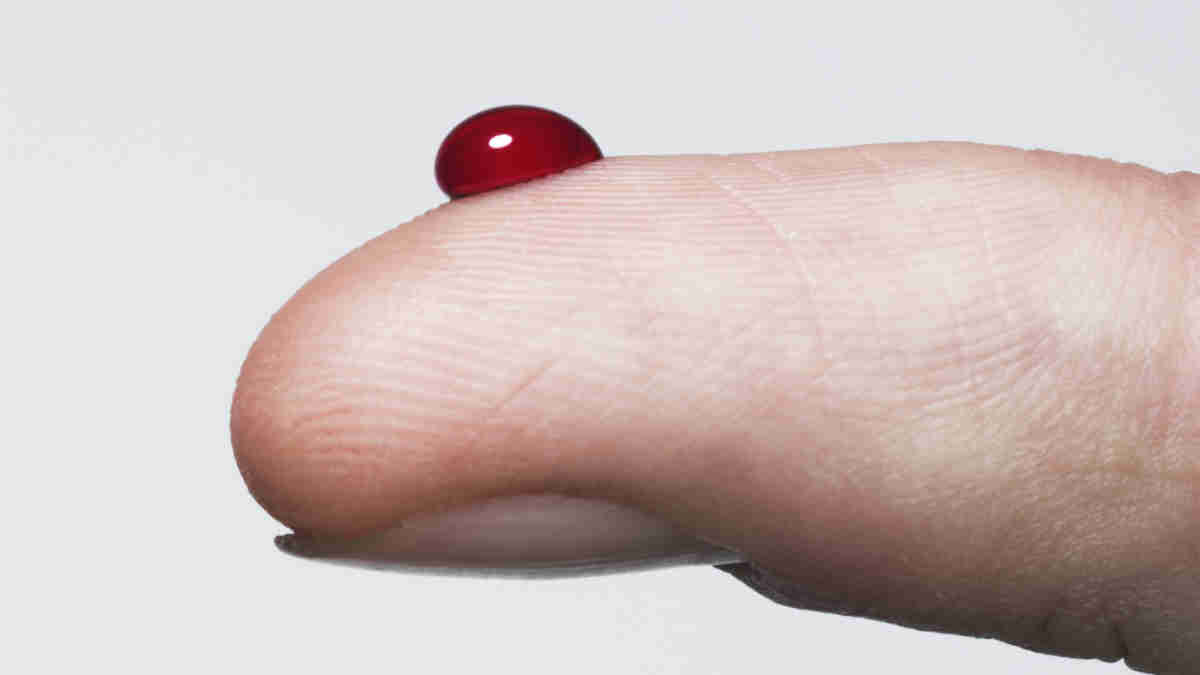ASX Health Stocks: Proteomics’ blood test PromarkerD effective with diabetes drug Canagliflozin

Canagliflozin lowers Proteomics (ASX:PIQ)’s PromarkerD diabetic kidney disease risk prediction scores. Picture Getty
- Diabetes drug Canagliflozin lowers Proteomics’ PromarkerD diabetic prediction scores
- Artrya says Q-Submission (Q-Sub) has now been lodged with the FDA
- Universal Bio launched the PETRACKR blood glucose monitoring product for pets
Protemics’ blood test effective with Canagliflozin
Research has found that the drug Canagliflozin lowers Proteomics’ (ASX:PIQ) PromarkerD diabetic kidney disease risk prediction scores.
PromarkerD is a newly-developed blood test that can predict diabetic kidney disease before clinical symptoms appear, helping doctors make treatment decisions and improving outcomes for patients with type 2 diabetes.
The latest study was conducted with Janssen Research & Development, and looked at PromarkerD results of patients taking diabetes medication canagliflozin.
It covered 2,000 participants, and found a significant reduction in the PromarkerD risk scores for developing diabetic kidney disease in those who took the medication compared to placebo.
This effect was greatest in participants predicted by PromarkerD to be at high-risk of a decline in kidney function at the start of the study.
Proteomics’ CEO Dr Richard Lipscombe said the findings illustrate the benefits of using PromarkerD testing which can identify patients who are asymptomatic for diabetic kidney disease but still at high risk of developing the disease.
It also shows that Canagliflozin significantly lowers their risk of developing diabetic kidney disease.
“It’s an elegant example of using precision medicine to enable early intervention and slow or stop the onset of disease,” said Lipscombe.
The research was published as a feature article in the peer-reviewed Journal of Clinical Medicine.
Artrya lodges submission with US FDA
Med tech company Artrya (ASX:AYA) announced important progress today in its pursuit of US FDA regulatory approval for the Salix Coronary Anatomy (SCA) product.
The company said that a Q-Submission (Q-Sub) has now been lodged with the FDA, and a meeting is expected to be held with the regulator within 9 to 12 weeks.
The Q-Sub meeting is an important part of the FDA process at which Artrya will present its approach to software development and clinical reader study design to get FDA agreement on how the product is being developed.
“This feedback can save critical time and money during the FDA regulatory process,” said Artyra CEO, Mathew Regan.
“Since Artrya redefined our FDA regulatory strategy in quarter one, the team has worked hard to get us to this point.”
The Salix Coronary Anatomy is a web-based software tool that is intended to be used by trained medical professionals as an interactive tool for viewing and analysing cardiac computed tomography (CT) data.
The tool is used for determining the presence and extent of coronary plaques (i.e., atherosclerosis) and stenosis, and quantifying calcifications (calcium scoring) in patients who underwent Coronary Computed Tomography Angiography (CCTA) for evaluation of coronary artery disease.
The company expects the final 510(k) application will be able to be submitted to the FDA by the end of October, which is in line with previous advice to the market.
UBI launches blood glucose monitoring for pets
Universal Biosensors (ASX:UBI) has launched the PETRACKR blood glucose monitoring product for dogs and cats with diabetes.
To coincide with the launch, UBI announces it has signed three distribution partnerships in the US and Canada, and has received initial purchase orders of around $280k.
10,000 PETRACKR analysers and 375,000 diabetes test strips have now been delivered or are in transit to UBI warehouses in the US and Europe.
UBI expects to announce first sales to additional distribution partners over the coming 6-8 weeks with multiple deals in the US, Europe and Asia Pacific in the final stages of negotiation and documentation.
The company says first year sales from these three deals is expected to exceed $2 million, with further sales growth expected in the following years.
Blood glucose monitoring in companion animals (dogs and cats) with diabetes is a growing market and is estimated to be worth $270 million per annum.
Glucose test strip volumes are estimated to be approximately $150 million per annum, and device volumes in the order of $1 million per annum.
“The market is growing at 12% per annum largely because of increasing pet adoption, and increasing rates of obesity in pets globally,” says UBI CEO, John Sharman.
Share prices today:
Related Topics

UNLOCK INSIGHTS
Discover the untold stories of emerging ASX stocks.
Daily news and expert analysis, it's free to subscribe.
By proceeding, you confirm you understand that we handle personal information in accordance with our Privacy Policy.








